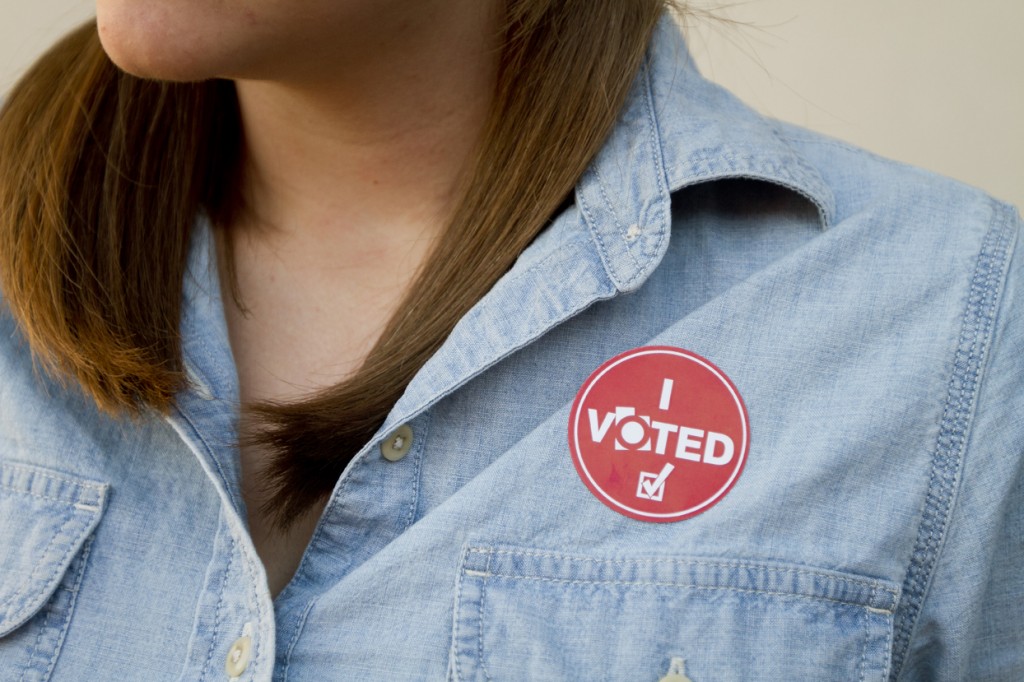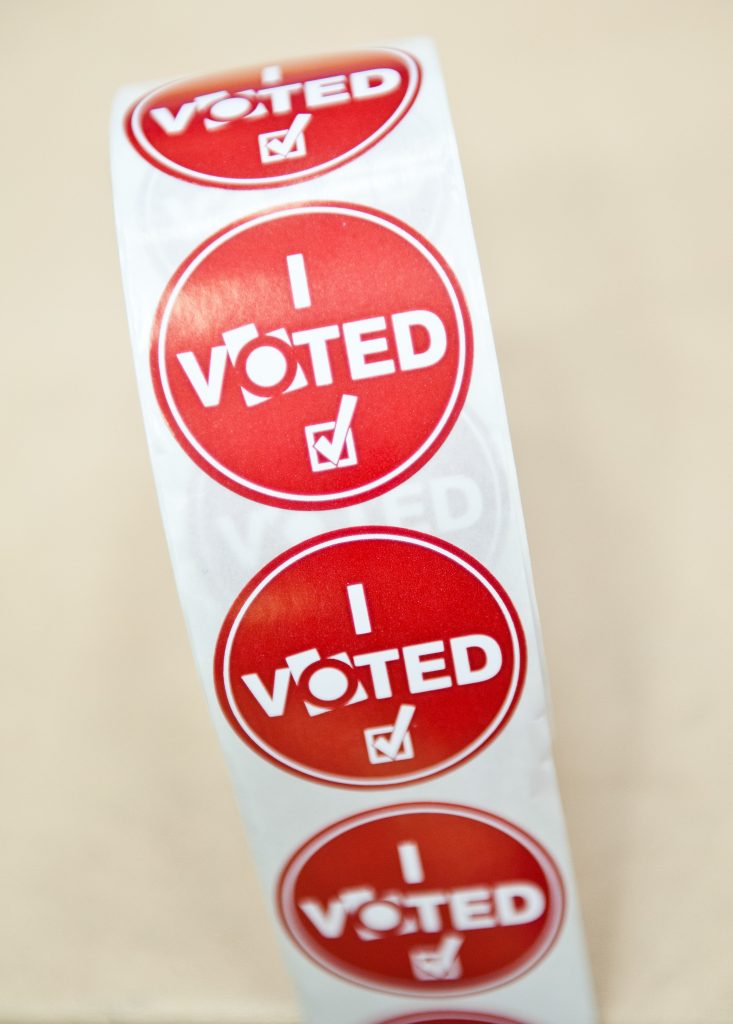
Some BYU students will soon be able to cast their votes with Utah’s municipal general election taking place Nov. 5 and preparations for the 2020 presidential election are already underway. The voting process, however, can seem daunting, especially for students from other states.
Registering to vote
The first step towards exercising the right to vote is registration.
Out-of-state BYU students have the option to register to vote in their home state or in Utah. Voter registration can be completed in person, by mail or sometimes online, depending on the state.
In order to register to vote in Utah, one must have lived in the state for at least 30 days, and to register online, one must have a valid Utah ID or Utah driver’s license.
Registration forms for Utah County can be found online at utahcounty.gov and may be either mailed or hand-delivered to the county clerk office. According to the Utah elections website, the last day to postmark mailed registration in time for the November election is Oct. 7 — 30 days before the election.
Utah voters may also register in person at voting polls on the day of an election.
Rules vary by state, so prospective voters should consult their own states’ election websites or a site like vote.gov to find out how to register.
Researching candidates
Once a voter is registered, they have to decide whom to vote for.
There are resources available to make researching candidates easier, including voter information packets and websites.
Voter guides for both state and federal elections can be found at vote411.org. Vote.utah.gov also has a feature to help voters learn about candidates and issues. Voters can enter their address information on these sites and immediately find out what will be on their ballot.
Requesting an absentee ballot
Students from outside of Utah who choose to register to vote through their home states may use absentee ballots to cast their vote.
Kelli Bennion, a junior pre-nursing major from Wyoming, voted in her local election last year by absentee ballot.

“It was a little daunting just because I felt like I had to do more research,” Bennion said. “I hadn’t been hearing the names and viewpoints of the candidates as often as I would’ve had I been in my home state.”
Still, she said the ballot request process was “super simple.” The steps differ from state to state; for example, there is an online form for Bennion’s county in Wyoming. In California, a voter can opt to become a “permanent vote-by-mail voter” and automatically receive a ballot for each election, according to the California Secretary of State website.
The website usa.gov suggests voters should consult their state or territorial election office’s website and look for “absentee voting” or “voting by mail.” If one doesn’t see either term, try using the site’s search tool.
Voters can also request an absentee ballot through websites like vote.org.
“I will definitely vote with an absentee ballot again,” Bennion said. “It is a huge privilege to be able to be a voice and have the opportunity to vote. I’m thankful for the blessing, so I take advantage of it.”
Words of advice from other students
To students preparing to vote, Sonja Mecham, a junior linguistics major from Orem, said to “register as soon as possible” and “be an educated voter.”
She also advised students to look up the hours of operation for their county clerk’s office — Mecham went three times because she kept forgetting it was closed on Saturdays.
“I felt like it was my duty as a citizen (to vote), and it is important to me to support the system of democracy,” she said.
Isaac Smith, a junior from Colorado majoring in computer science, said, “The students of the country are the most important body that exists.”
He said students are learning from the wisdom and ideas of the older generation while remaining open-minded about present and future issues.
“The early 20s are an essential time to be voting because we look for ways to change the world for the better instead of looking for ways to keep it as it is,” Smith said.




